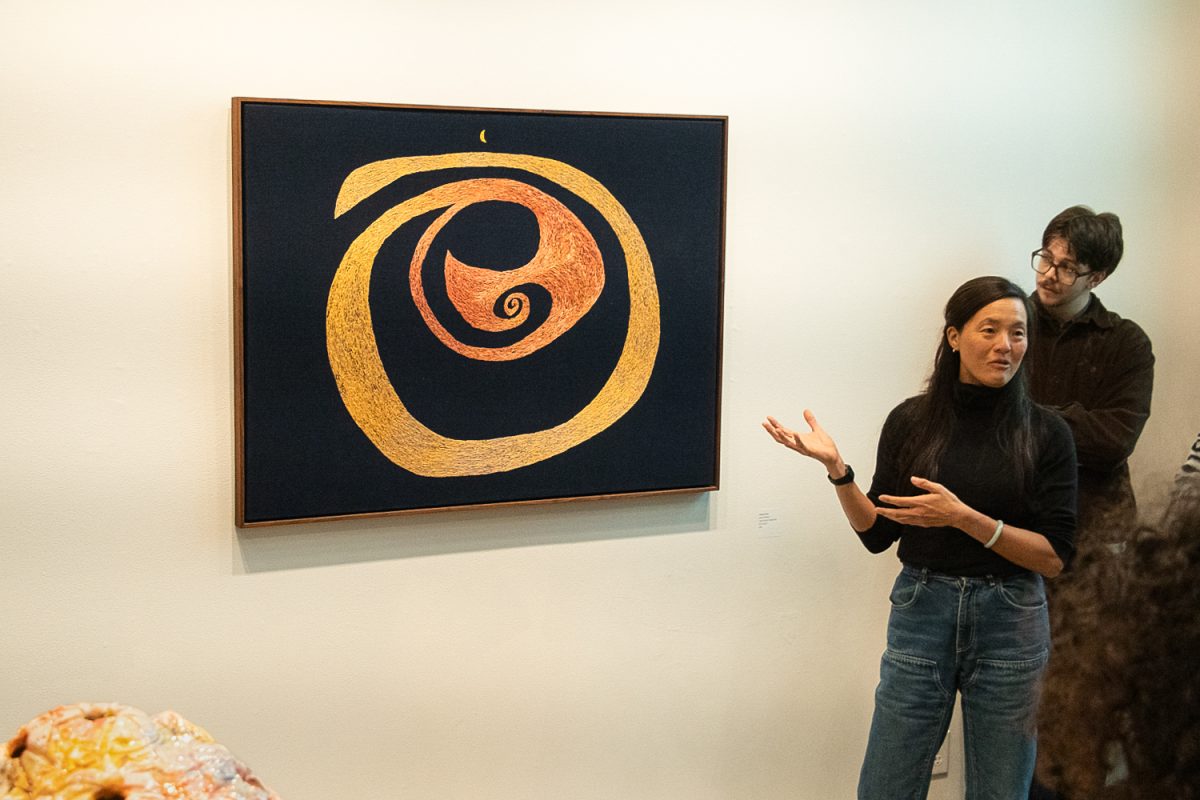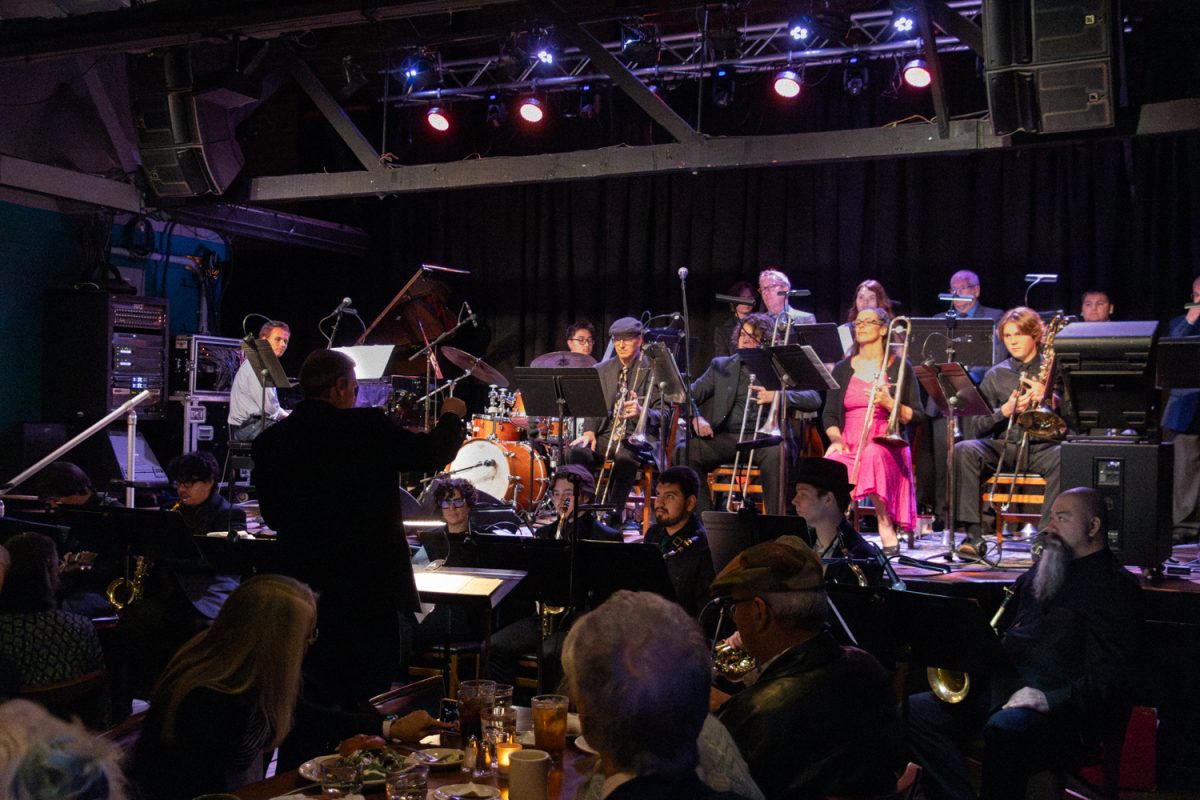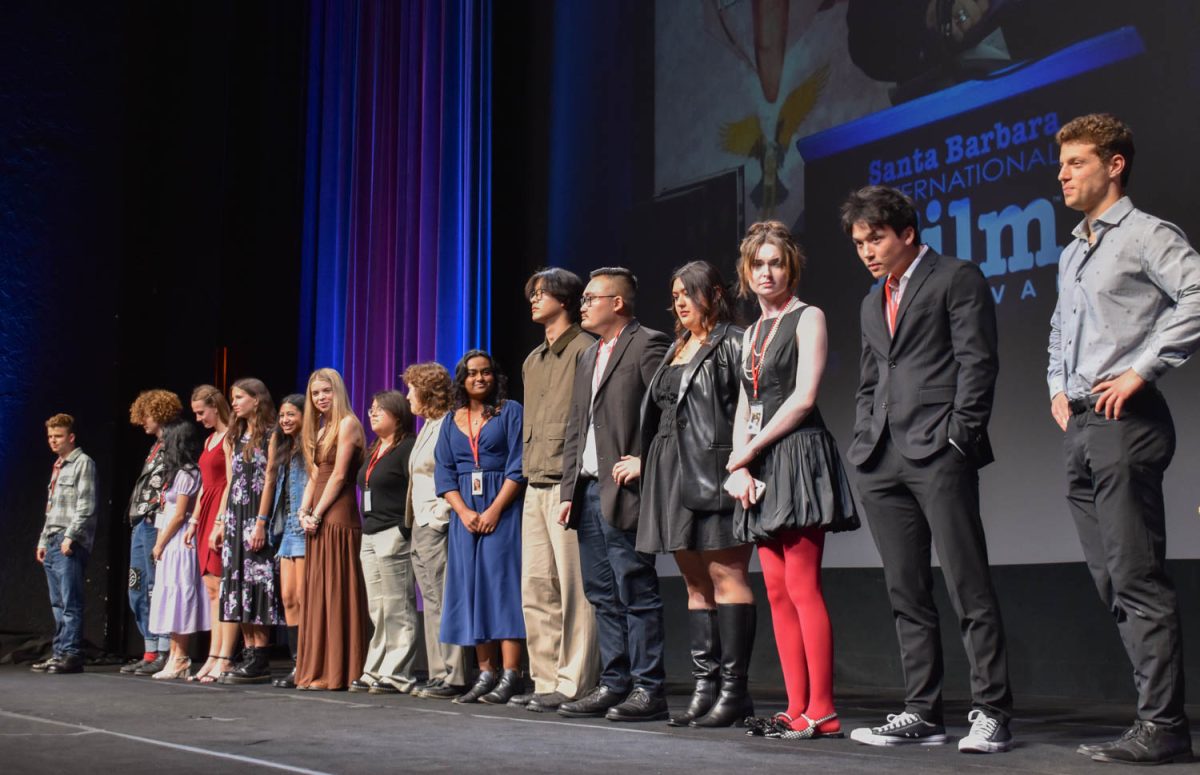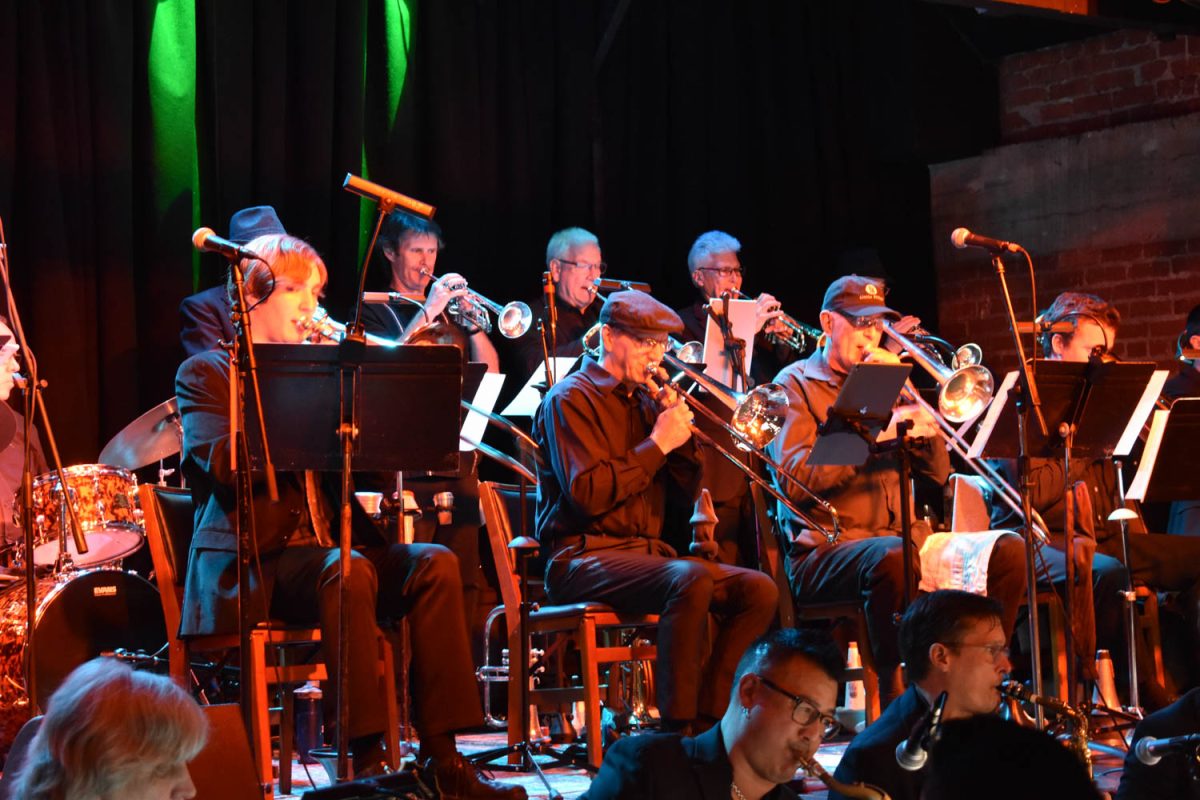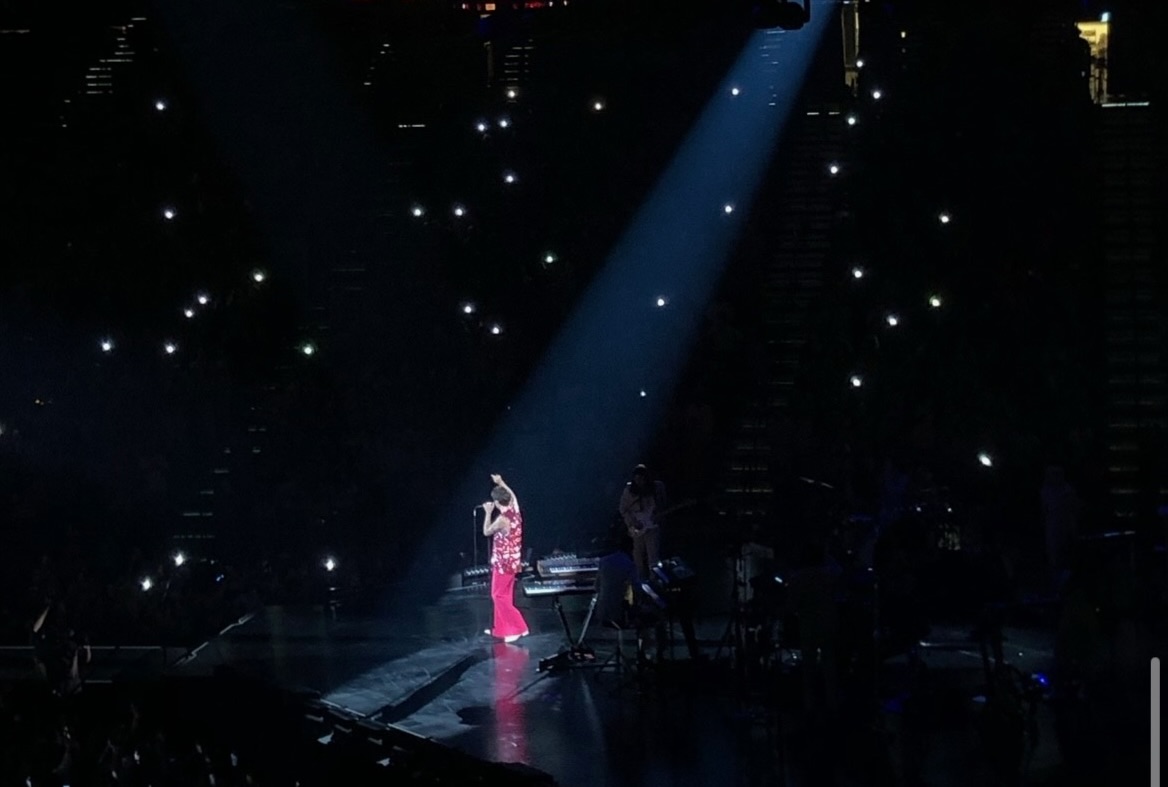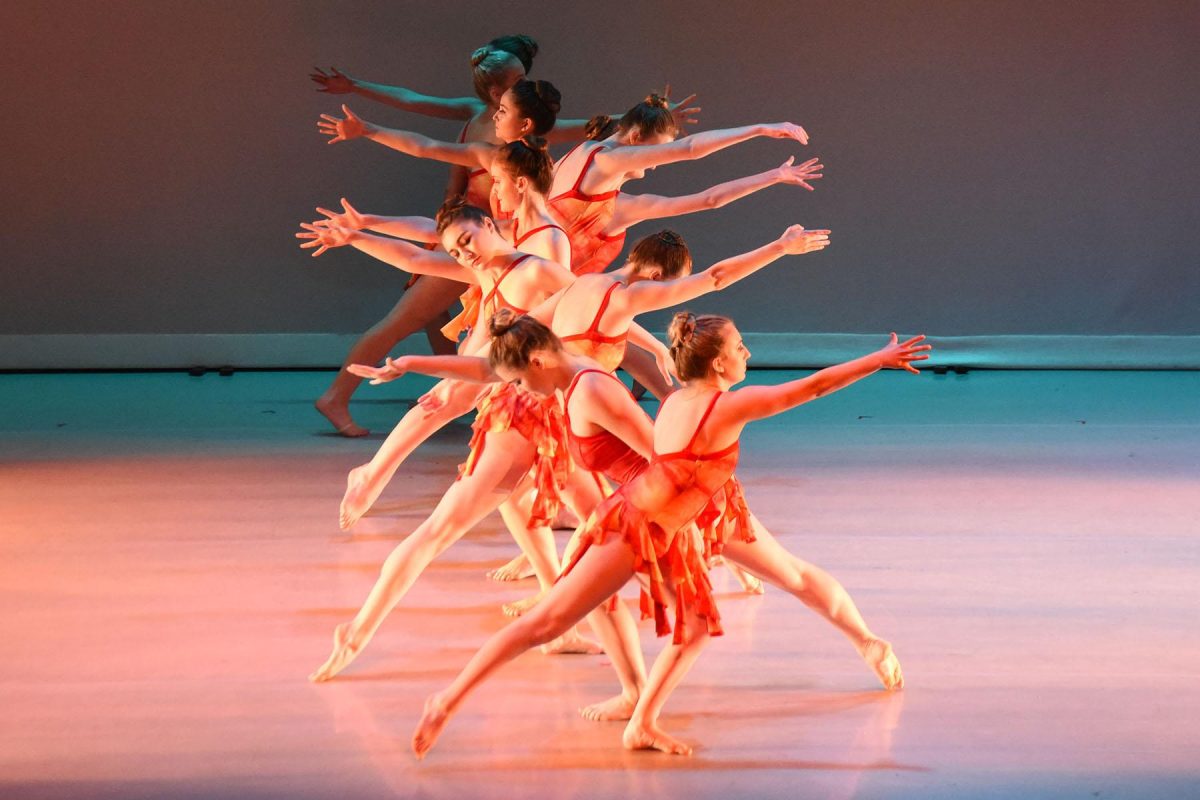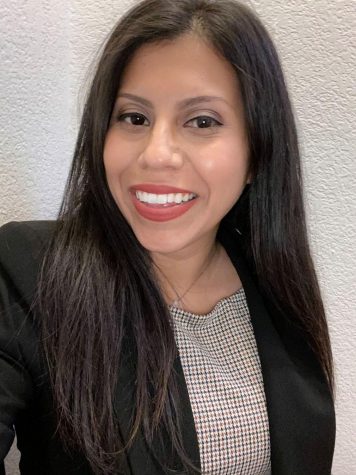 It seemed like an unexpected surprise when Paramore frontwoman Hayley Williams released her second solo album, “FLOWERS for VASES/ descansos,” but for some Paramore fanatics, it was exactly what they anticipated.
It seemed like an unexpected surprise when Paramore frontwoman Hayley Williams released her second solo album, “FLOWERS for VASES/ descansos,” but for some Paramore fanatics, it was exactly what they anticipated.
In the time proceeding the release, Williams’ social media followers scoured her Instagram for any sign of a new Paramore album in the works, yet she began posting music covers. It was a darker, lonely, more peaceful side of her we hadn’t seen before. She sang softly to herself and fingerpicked a nylon-stringed classical guitar.
This album inspired me to dust off my old classical guitar. This past year, I went through periods of depression where it was difficult to find meaning in the chaos. Music was the only outlet to help me through it. When I play my classical guitar at a slower pace, in arpeggio, and sing from the depths of my heart like her, I’m reminded of how peaceful life could be despite the uncertainty of the pandemic.
Like many artists and myself, Williams used this pandemic to explore the emotions we couldn’t distract ourselves from anymore. We must allow ourselves to slow down and invite the lingering sadness/frustration from our past traumas. We needed to finally feel sad to heal.
“FLOWERS for VASES/ descansos” was not the vibrantly produced “Petals for Armor,” her first solo album released last year. Instead, her second album echoes acoustic, sweet simplicity, brushes of folk and dashes of downward grunge strums. Williams recorded it in quarantine at home, playing every instrument herself.
It opens with “First Thing to Go,” a physicalization of her mourning her divorce, which is an overarching theme on the album.
“I’m still having to remind myself that you just don’t write a song and then you’re through it,” she said in an interview with American Songwriter Magazine, later mentioning songwriting is like therapy.
“Trigger” was the most heartbreaking track on the album, it should’ve been the single. It begins with her singing “All I’ve ever had to say about love is a sad song,” introducing us to her frustration with love and reflects that perhaps there’s a reason for the pain she encountered from it.
“Over Those Hills” is another great song. With a few verses and empty spaces for a lively guitar riff, Williams ponders over an ex-lover singing “Over those hills, I bet you’re somewhere dreaming.” I enjoyed learning the riff to this song. It involves many hammer-ons and slides.
When the album first came out, I found myself replaying it again and again. It felt like Williams was breathing life back into me.
I memorized lyrics and heard familiar chord progressions and soon began covering these songs. Whenever I’m feeling overwhelmed and need a second to slow down, I pick up my guitar and sing any song from the album.
This album gives me comfort in this most uncertain time of the COVID-19. I understand that feeling sad is a part of the healing process.
Williams channels her healing into hope in her last track “Just a Lover,” a song that concludes that no matter what life puts us through music has never let us down. Ever.






